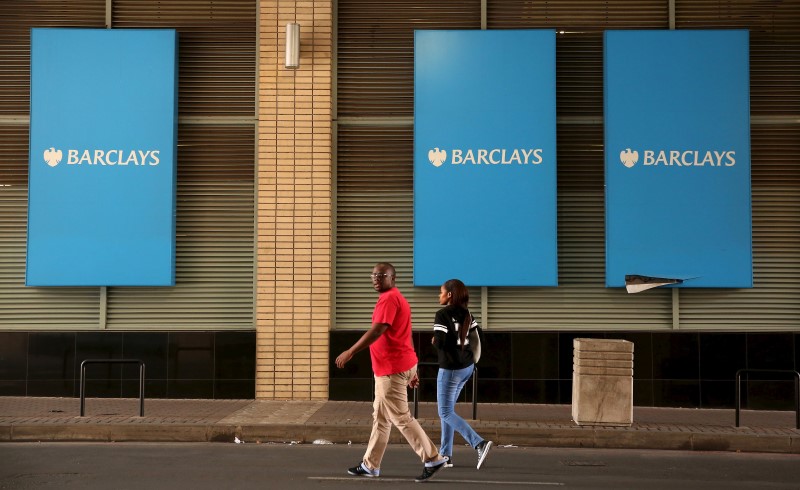DAKAR (Reuters) – Senegal expects a budget deficit of about 7% of gross domestic product in 2025, down from the 10% revealed in an audit that triggered a freeze on the country’s $1.9 billion IMF programme.
The International Monetary Fund package, agreed in 2023, has been on hold since the audit uncovered larger debt and deficit figures than the previous administration had reported, sending yields on the West African nation’s dollar bonds soaring and triggering credit ratings downgrades.
The budget proposals, expected to be examined by the country’s new parliament in the coming days, say Senegal will implement a “prudent” debt policy using traditional donors to finance projects in 2025 and the years to follow. The government will also seek to develop domestic financing and target a potential 1,500 billion CFA ($2.41 billion) domestic diaspora bond market.
The government, donors, and investors are awaiting a final audit report from the court of auditors, which is expected in mid-December. The integration of the audit’s results will lead to an upward revision of the outstanding debt and debt service, particularly in 2024 and 2025.
The government plans to negotiate repayment terms with investors to spread out payments and make debt management more sustainable. It also plans to issue bonds on the international market to smooth debt servicing, particularly for 2026 and 2027, to preserve debt sustainability margins and free up budgetary space.
Senegal’s economic growth is seen at 8.8% next year, boosted by the launch of oil production but hampered by a slowdown in secondary and tertiary activity.

